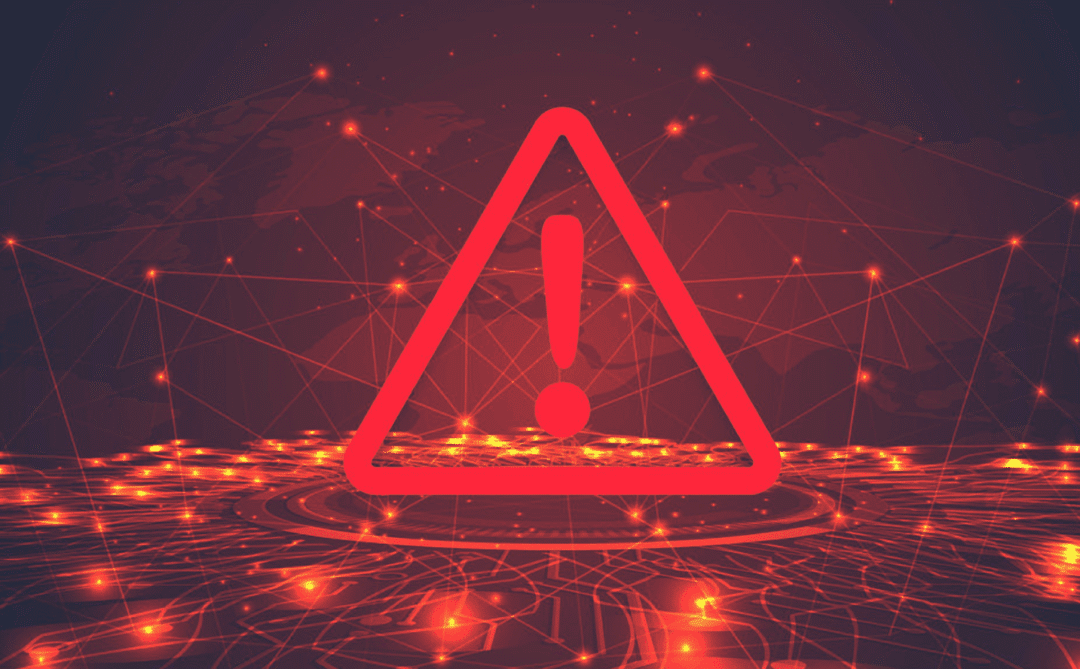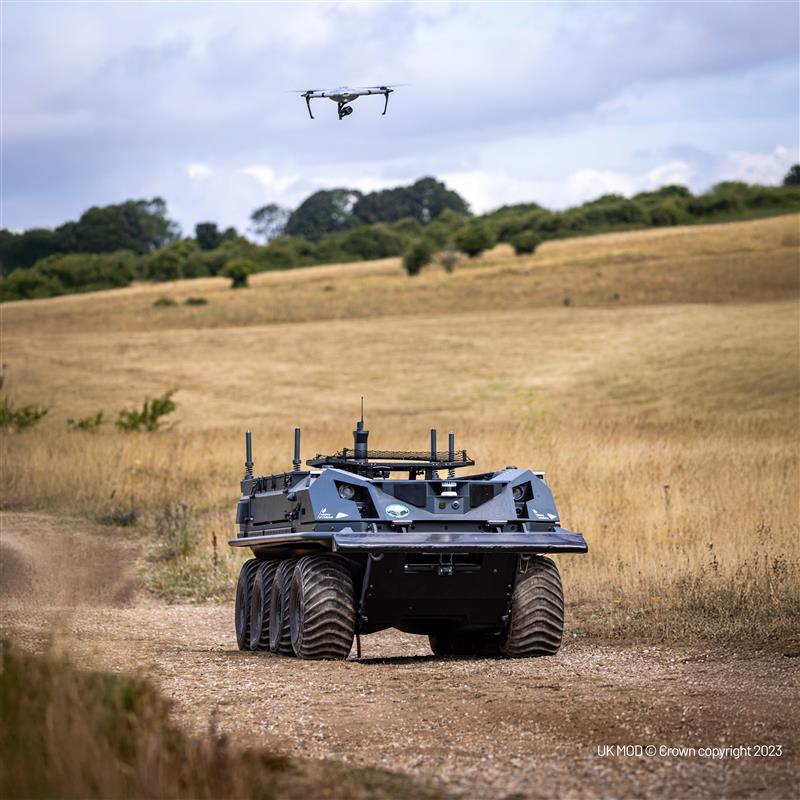
The smart city revolution
By 2050, about 68% of the world’s population is expected to live in cities. The inherent interconnectivity and transparency of smart cities make them highly vulnerable to security attacks. We would naturally advocate that cyber security, or to be more precise, cyber resilience, be designed in from the start for all smart city initiatives.
Global transformation
Cities across the developed world are rapidly adopting IoT and related low power communications and AL/ML technologies to transform themselves into Smart Cities. There are significant socio-economic drivers ensuring this transformation is occurring rapidly. The complex evolving system of systems that are in the process of being built today are bringing with them rapidly growing threat surfaces and associated vulnerabilities.
However finding and funding the cyber security expertise to provide the cyber resilience in this context is challenging given the growing skills shortages relative to the growing scale and complexity of the task. A 2018 UK government sponsored study found that that more than half of all businesses and charities (54%) have a basic technical cyber security skills gap, falling to 18% in public sector organisations. Smart cities typically involve a mixture of public and private partnerships, so this is a significant systemic risk in itself.
Conclusion
Roke empowers UK cities to integrate cyber resilience by design—deploying secure-by-default IoT infrastructures, AI-enhanced risk analysis, and governance-ready frameworks tailored for public–private smart ecosystems—enabling safe, scalable, and trusted digital services while managing supply chain risk and building civic confidence.


